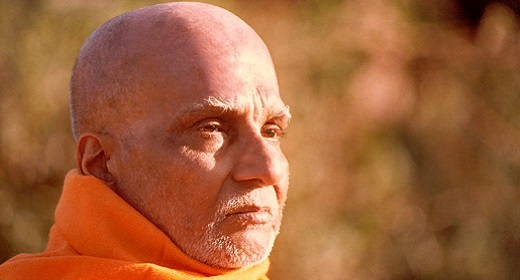by Gary Zukav: Everyone wants to learn the same thing from painful situations: how to avoid repeating them.  For example, when you do your best to take care of someone and then that person pushes you away, you feel unappreciated. Or when you expect to be thanked and the opposite happens. Or when someone betrays your trust: You expected honesty and instead experienced dishonesty. The list of painful situations that you can learn about yourself from is very long, and you have probably experienced many of them.
For example, when you do your best to take care of someone and then that person pushes you away, you feel unappreciated. Or when you expect to be thanked and the opposite happens. Or when someone betrays your trust: You expected honesty and instead experienced dishonesty. The list of painful situations that you can learn about yourself from is very long, and you have probably experienced many of them.
If you treat each of these experiences as a separate, freestanding, random event in your life, you will continue to be surprised by them and, eventually, become frustrated. “Why is this happening to me?” will turn into “Why is this happening to me again?”
These are good questions, but when you look outside yourself for the answers, you will not find anything of spiritual value. For example, my wife, Linda, and I once hired a manager to help us. We chose him because he was interested in what we teach, seemed capable and was excited to work with us. A year later, we discovered that he had lost a lot of the Seat of the Soul Institute’s money, left it with debts we did not know about and stole a laptop computer when he departed.
Of course, we learned to do a much better job of due diligence from that painful experience—checking references, verifying qualifications, researching previous work experience, etc. It was a lesson that I did not forget, but there was an even more important lesson that I learned from this painful experience.
After feeling shocked (an experience of a frightened part of my personality, which is also a not-loving part of my personality) and blaming him for my emotional pain (also an experience of a frightened part of my personality) and feeling like a victim, I discovered something completely surprising, interesting and humbling: In shame and blame—both of which are very painful to experience, provided that you do not distract yourself with drinking, eating, shopping, sex, smoking, etc.—I saw this person as someone whose intention from the beginning was to get the most for himself from our interactions, and he did.
What I discovered about myself truly jolted me: I had held the same intention toward him! The very same intention. I expected him to relieve me of my responsibilities, expand the institute and bring it revenue, and as long as he did that, I would be satisfied. In other words, my intention was to exploit him just as his intention was to exploit me. I got exactly what I gave. My real intention did not create the benefits for the institute that I had envisioned. It was to obtain as much from him as I could. I intended to exploit, and I created exploitation. It was a big lesson for me to learn. I am so grateful for it because it taught me to look carefully and honestly at my intentions, and showed me how powerfully they create my experiences.
This is how to avoid re-creating painful situations: Take the time to discover your real intention before you act. If it is to change someone or the world so that you will feel safe or better about yourself, don’t act on it, because it is an intention of fear and can create only painful consequences. If your real intention is to create harmony instead of discord, cooperation instead of competition, sharing instead of hoarding, and reverence for life instead of exploitation, act on it, because it is an intention of love and can create only healthy and wholesome consequences.
When you do this, you are creating authentic power.







































